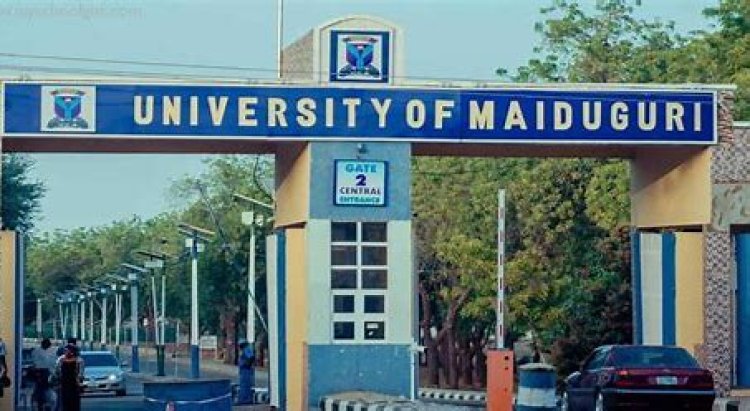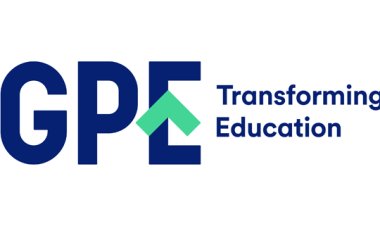UNIMAID Students Demand Improved Network Connectivity and Wi-Fi Facilities
Students at the University of Maiduguri (UNIMAID) have called for improved network connectivity and Wi-Fi facilities to enhance academic productivity. They cited poor connectivity in key lecture halls and outdated computer software as major challenges, particularly in the Architecture Department.

Students at the University of Maiduguri (UNIMAID), Borno State, have called on the institution to address the persistent challenges of poor network connectivity and the lack of Wi-Fi facilities on campus. According to the students, these issues have significantly hindered their ability to complete academic tasks efficiently and affected overall productivity.
The concerns were particularly highlighted by students in the Department of Architecture, who reported spending prolonged hours in the school library due to outdated software on the available computers and the unavailability of free Wi-Fi. They emphasized that access to reliable internet is essential for academic research and project completion.
Several lecture theatres across the campus, including E104 in the Faculty of Social Sciences, the Multipurpose Hall (MPH), and various halls within the Faculty of Engineering, were also noted for their poor network coverage. The students have appealed to mobile network operators to improve connectivity in and around the campus to ease their academic activities.
The Information Communication and Technology (ICT) Centre at UNIMAID has faced criticism from students and lecturers alike for its inability to provide quality network services and free Wi-Fi. Lecturers have reported difficulties in conducting virtual classes and accessing online resources, further impacting the quality of education delivery.
In light of these challenges, the students have urged the university administration to collaborate with tech companies to introduce solutions such as affordable laptops, updated software, and training for lecturers on modern teaching tools. Additionally, they recommended the establishment of e-libraries and digital resource centers to promote a more robust learning environment.
The call for action highlights the growing demand for technology-driven solutions in higher education and the need for institutions to prioritize digital infrastructure to support academic excellence.

 Chris Oyeoku Okafor
Chris Oyeoku Okafor 



